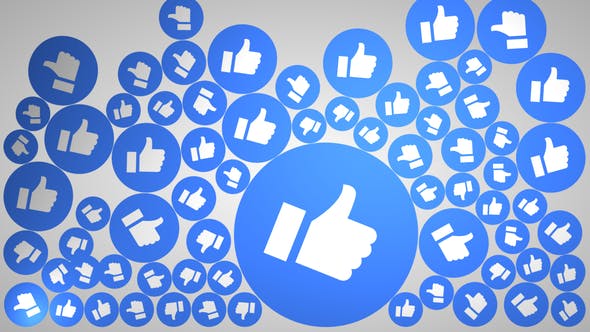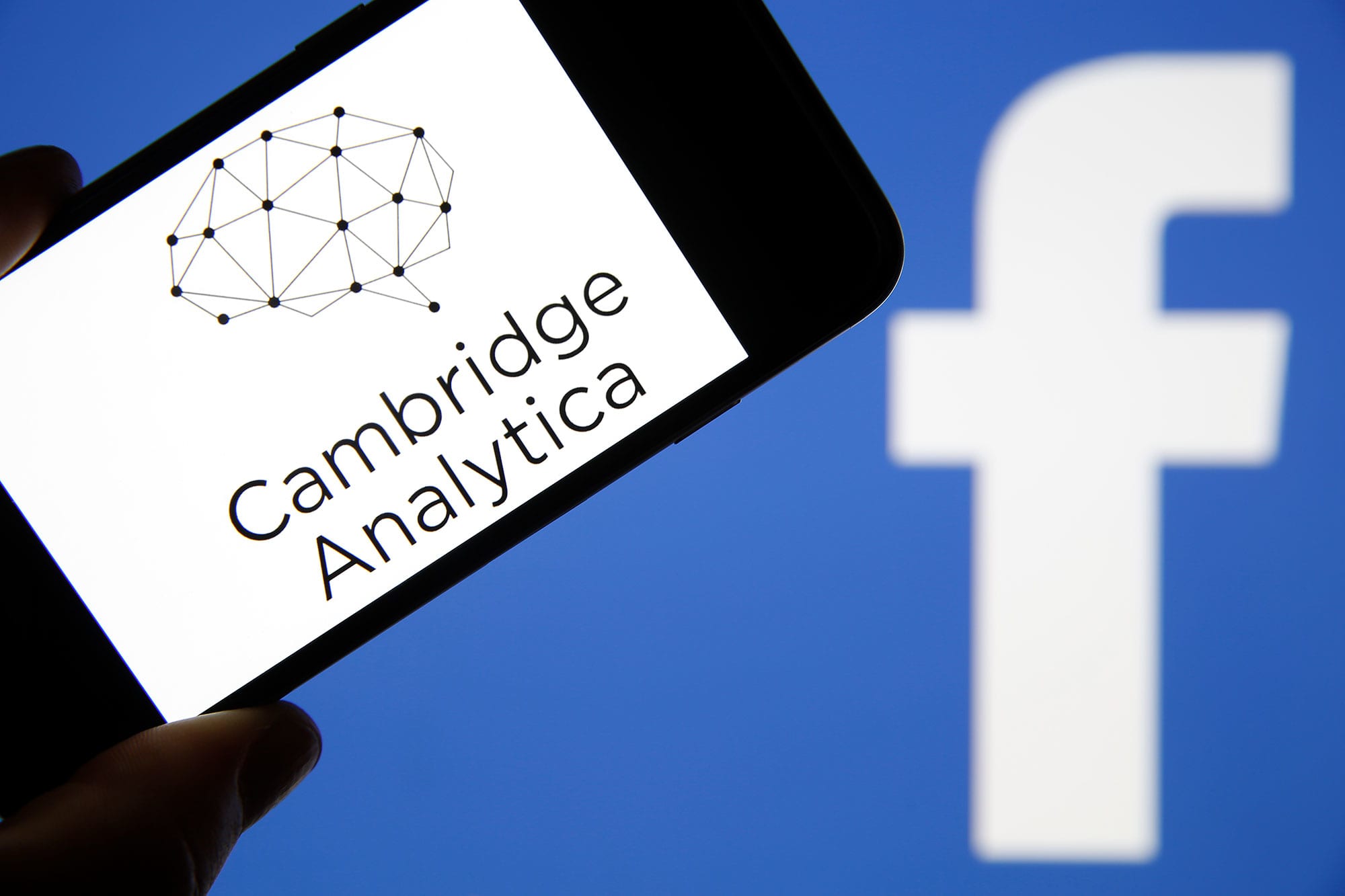
How Facebook Changed the Internet? The social network is 20 years old
Facebook social network turns 20 years old this year. In the photo below, you can see what Facebook, or The Facebook as it was known at the time, looked like when Mark Zuckerberg and a few of his friends launched it 20 years ago.
Since then, the world's most popular social network has been transformed dozens of times. But its purpose has remained the same: to enable people to communicate online. And, of course, make huge money from advertising.
On the 20th anniversary of the platform, the BBC presented how Facebook changed the world.
1. Facebook changed the world of social media
Other social networks, such as MySpace, existed before Facebook, but Mark Zuckerberg's site took off instantly when it launched in 2004, proving just how fast this type of site can move online.
In less than a year, it had a million users, and within four years it had overtaken MySpace, helped by innovations such as the ability to "tag" people in photos. The ever-changing activity stream was also a hugely attractive innovation for those early adopters.

In 2012, Facebook surpassed one billion monthly users, and apart from a brief dip in user numbers at the end of 2021, the platform has continued to grow. By expanding into low-Internet countries and offering free internet, the company has maintained and increased Facebook's user base. At the end of 2023, Facebook reported that it had 2.11 billion daily users.
Of course, today Facebook is already less popular among young people than it used to be. However, it remains the world's most popular social network and ushered in a new era of online social activity.
2. Facebook made our personal data valuable… and less personal
Facebook has proven that collecting information about our likes and dislikes is extremely profitable. Today, Facebook's parent company, Meta, is an advertising giant that, along with companies like Google, receives the lion's share of global advertising dollars.
On February 1, Meta announced that it had more than $40 billion in revenue for the last quarter of 2023, mostly from offering highly targeted advertising services to advertisers. The company noted that it had a profit of about 14 billion dollars.

But Facebook has also shown the consequences of data collection. Meta has been fined many times for misuse of personal data. The most scandalous case was the Cambridge Analytica incident in 2014, which resulted in Facebook paying $725 million to settle a lawsuit over a gross personal data breach.
In 2022, Facebook also paid a fine of €265 million for allowing the extraction of personal data from the site. And last year, Ireland's Data Protection Commission fined the company a record €1.2 billion for transferring European user data outside the jurisdiction. Facebook is currently appealing the fine.
3. Facebook politicized the Internet
By offering targeted advertising, Facebook has become a major platform for election campaigns around the world. For example, in the five months leading up to the 2020 US presidential election, Donald Trump's team spent more than $40 million on Facebook ads, according to Statista research.

Facebook has also played a role in engaging ordinary citizens in political matters, enabling diverse groups of users to gather, campaign, and plan action on a global scale. For example, Facebook and Twitter were crucial during the Arab Spring, helping to coordinate protests and spread the word about what was happening on the ground.
But the use of Facebook for political purposes has been criticized for some of its consequences, including its impact on human rights. In 2018, Facebook agreed to a United Nations report that said the social network had failed to prevent attempts to use the platform to "incite violence" against the Rohingya people in Myanmar.
4. Facebook ushered in the dominance of Meta
With Facebook's massive success, Mark Zuckerberg created a social network and tech empire that remains unprecedented in terms of users and consequent power.
The social network bought and started promoting a number of platforms, including WhatsApp, Instagram and Oculus, and changed the company's name to Meta in 2021. Meta now claims that more than three billion people use at least one of its products every day.

And in cases where Meta failed to buy its competitors, the company copied the competitors to maintain its dominance. For example, Facebook and Instagram's disappearing Stories feature is similar to Snapchat's core feature; Instagram Reels is the company's answer to the challenge posed by TikTok. And by creating the social network Threads, Meta imitated the social network X, formerly known as Twitter.
- Related News
- iPhone users can now login into WhatsApp without password
- WhatsApp adds new useful feature
- WhatsApp will get new and useful feature
- Apple removes WhatsApp, Telegram, Threads applications from App Store in China
- Meta unveils Llama 3 and claims it's the "most powerful" open source language model
- WhatsApp to integrate AI function: What will it do?
- Most read
month
week
day
- Digital Julfa Network is launching a pan-Armenian centre in the metaverse, on the Fastexverse virtual platform 980
- Xiaomi unveils exclusive Redmi Note 13 Pro+ dedicated to Messi and Argentina national team 861
- Sparkles: Boston Dynamics unveils a furry robot dog that can dance (video) 823
- Is there a ninth planet in the solar system? Scientists find new evidence 697
- What will happen to the Earth if the Moon disappears? 683
- Smartphone catches fire in child's hand in Russia 674
- iPhone 16 may get colored matte glass back panel, 7 colors 660
- How to understand how protected a smartphone is from water and dust? 659
- World's largest 3D printer was created in USL It prints 29 meter-long structures 650
- Internet 500 times faster than 5G tested in Japan: It allows to transfer five movies in HD resolution in one second 633
- Archive
